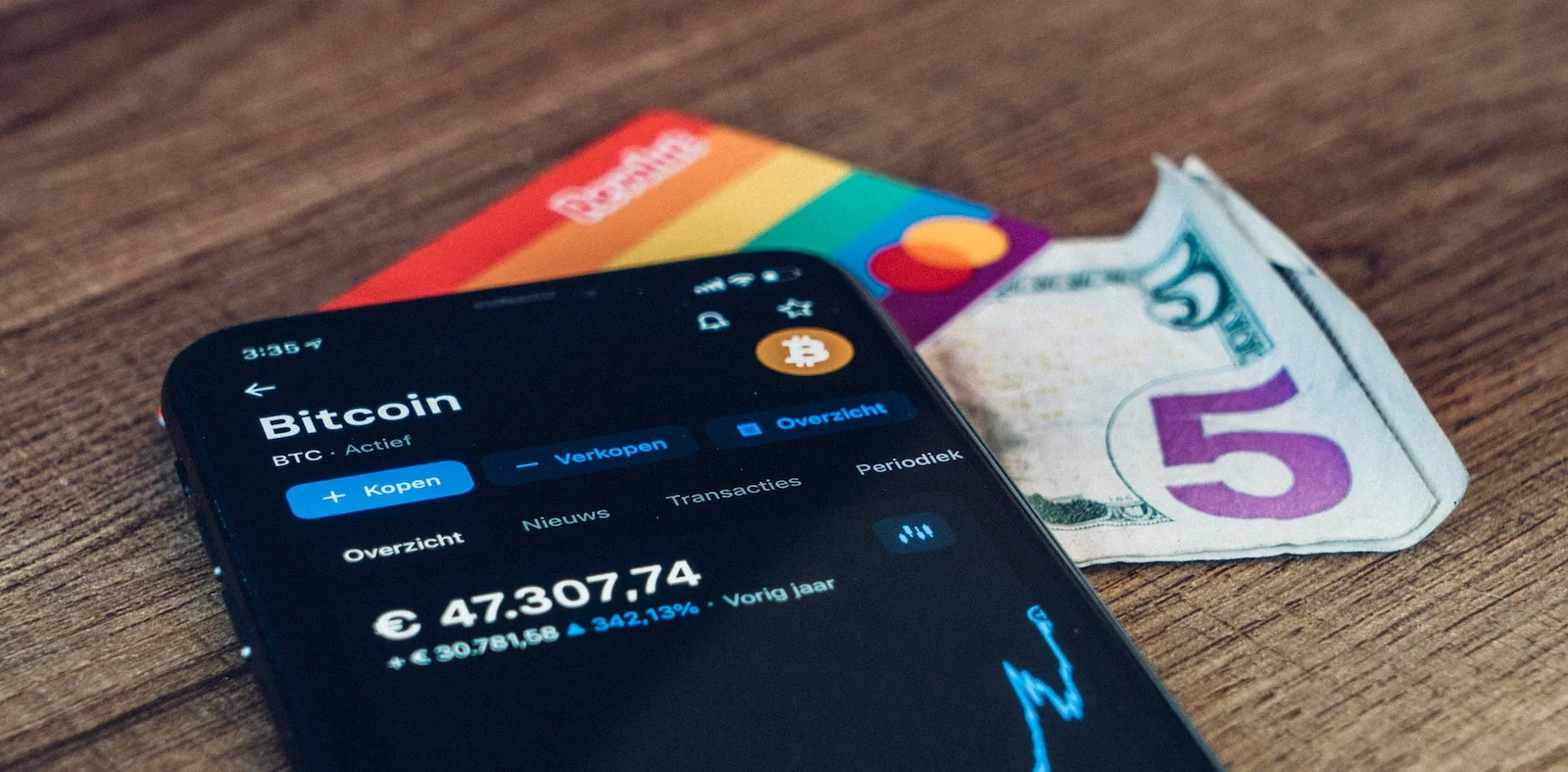From major retailers to local restaurants, discover who accepts cryptocurrencies and how to find businesses that embrace digital currency payments.
Cryptocurrencies have taken the world by storm, with a growing number of businesses and individuals embracing them for various transactions. But who accepts cryptocurrencies, and how can you find places that do? In this article, we’ll explore the various industries and companies that have opened their doors to digital currencies, making it easier than ever for consumers to use their favorite tokens for a wide range of goods and services.
The Expanding World of Crypto Adoption
It’s no secret that the crypto market has experienced tremendous growth in recent years, with major cryptocurrencies like Bitcoin and Ethereum gaining widespread recognition. As more people become interested in these digital assets, the question of who accepts cryptocurrencies becomes increasingly relevant.
Retailers and Online Marketplaces
One of the most common places where cryptocurrencies are accepted is in the retail sector. A growing number of brick-and-mortar stores and online marketplaces have begun to accept digital currencies as a form of payment. Some of the more notable examples include:
- Overstock.com: This popular online retailer was one of the first major businesses to accept Bitcoin, and now accepts a variety of cryptocurrencies.
- Newegg: A leading electronics retailer, Newegg accepts Bitcoin for purchases on their platform.
- Etsy: While not a direct cryptocurrency payment option, many individual sellers on Etsy accept cryptocurrencies for their goods.

Food and Beverage Industry
The food and beverage industry is another area where cryptocurrency adoption is growing. From large chains to local establishments, businesses in this sector have started to see the value of accepting digital currencies. Examples include:
- Starbucks: The coffee giant has experimented with accepting cryptocurrencies through its mobile app, allowing customers to pay with Bitcoin.
- Burger King: Select locations in different countries have started to accept Bitcoin and other cryptocurrencies as payment.
- Local Restaurants: A number of independent restaurants and cafes around the world now accept cryptocurrencies for payment, often using third-party payment processors like BitPay.
Travel and Hospitality
The travel and hospitality industry is also embracing cryptocurrencies, making it easier for crypto enthusiasts to book flights, accommodations, and more. Companies that accept digital currencies in this sector include:
- Expedia: This major online travel agency allows customers to book hotels using Bitcoin.
- CheapAir: Accepting Bitcoin since 2013, CheapAir lets users purchase flights, hotels, and rental cars with cryptocurrency.
- Travala: A blockchain-based travel booking platform, Travala accepts a wide variety of cryptocurrencies for bookings.
Gaming and Entertainment
The gaming and entertainment industry is no stranger to the world of cryptocurrencies. Many online gaming platforms and streaming services have started to accept digital currencies as payment. Examples include:
- Twitch: The popular streaming platform allows users to make subscriptions and donations using cryptocurrencies.
- Xbox Store: Microsoft’s Xbox Store has experimented with accepting Bitcoin for digital content purchases.
Charitable Donations
Cryptocurrencies are also gaining traction in the world of charitable giving, with several non-profit organizations accepting digital currency donations. Notable examples include:
- The Red Cross: This global humanitarian organization accepts Bitcoin donations for disaster relief efforts.
- Save the Children: The international children’s charity accepts Bitcoin and other cryptocurrencies to fund their programs.
How to Find Businesses That Accept Cryptocurrencies
With the increasing number of businesses accepting digital currencies, you may be wondering how to find them. Here are a few ways to discover who accepts cryptocurrencies:
- Use crypto-friendly payment apps: Apps like BitPay and Crypto.com allow users to make purchases with cryptocurrencies at a wide variety of businesses.
- Check company websites: Many businesses that accept cryptocurrencies will have a dedicated page or badge on their website indicating which digital currencies they accept
- Use merchant directories: Websites like Coinmap.org and Spendabit.co offer directories of businesses that accept cryptocurrencies, allowing you to search for nearby establishments or online stores.
- Join online communities: Cryptocurrency enthusiasts often share information about businesses that accept digital currencies on platforms like Reddit and Twitter, making them a great resource for discovering new places to spend your tokens.
The Future of Cryptocurrency Adoption
As more businesses and individuals begin to see the benefits of using digital currencies, it’s likely that the list of who accepts cryptocurrencies will continue to grow. Factors driving this growth include:
- Lower transaction fees: Cryptocurrencies can offer lower transaction fees than traditional payment methods, making them more attractive to both consumers and merchants.
- Faster payment processing: Digital currency transactions are typically processed faster than credit card or bank transfers, providing a more efficient payment option.
- Enhanced security and privacy: Cryptocurrencies can offer more secure and private transactions, appealing to those who value financial privacy.
Conclusion
The question of who accepts cryptocurrencies is becoming increasingly important as digital currencies gain widespread adoption. From retail to travel and beyond, numerous industries are embracing the benefits of digital currencies, offering consumers more ways to use their favorite tokens. As the list of businesses that accept cryptocurrencies continues to expand, it’s essential to stay informed and leverage the available resources to find places where you can spend your digital assets.